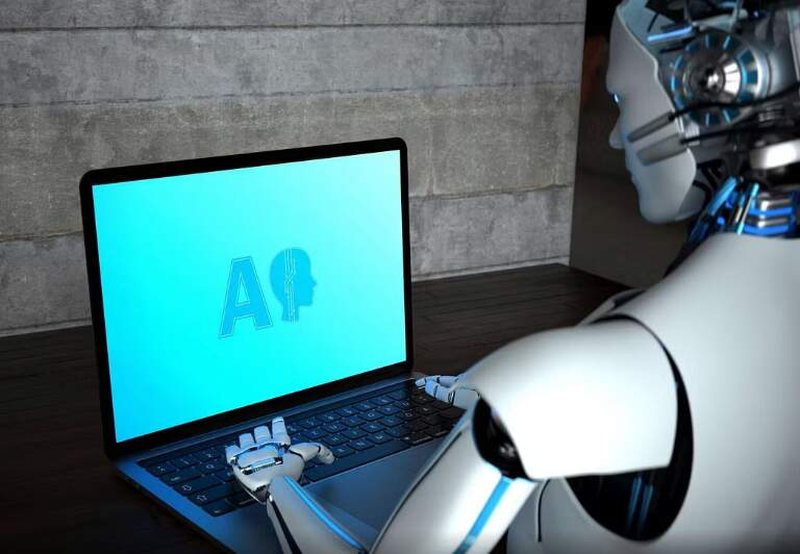
Which jobs will withstand artificial intelligence?


AI is the googol of the future, a “end-of-year bug” long-awaited and feared by millions of people, almost doomed to accept their replacement by technological advances. In 2020, when the mention of AI still evoked the title of a Spielberg movie at best, the World Economic Forum warned us that automation and a new division of labor between humans and machines would destroy 85 million jobs globally in medium and large companies.
So, the question arises: how to "save yourself", what career path to choose, or how to develop your professional skills to avoid the specter of unemployment. This is a question that several studies try to answer, often by companies that have integrated artificial intelligence into their core business, such as Microsoft.
Bill Gates suggests what to do when you grow up In March, Windows founder Bill Gates, as a guest on the popular American television program The Tonight Show with Jimmy Fallon, addressed the hot topic of the future of work in the age of artificial intelligence. Let's start with the good news: according to Mr. Microsoft, thanks to AI, we will soon work only two days a week, helped by technology to live a life marked by very short weeks. The only small problem, however, will be that only a few will be able to experience the concept of "work less, earn more", as many professions will be swallowed up by the tidal wave created by ChatGPT and similar programs.
When asked about the issue, Gates, however, remained silent, highlighting at least three job profiles far from the risk of retirement: programmers, researchers and energy workers can sleep peacefully, according to the Microsoft boss, but what does the data collected by the company he founded tell us?
A few days ago, Microsoft published a study that aimed to understand which jobs would disappear in the near future, using an empirical method that is quite easy to understand. The American company's analysis began by studying user queries on Bing Copilot, its search engine's chatbot. Once the data was collected, an "AI Applicability Score" was created, which shows how well artificial intelligence can be applied to a specific professional field. Given this, the ranking is easy to understand: the higher the score, the greater the risk of "replacement".
As expected, the most at-risk profiles are those operating in the so-called "knowledge economy".
So, be careful if your profession focuses on obtaining, analyzing, and distributing specialized information.

The Ukraine summit that ignored the tough questions
ideas
top
Alfa recipes
TRENDING 
services
- POLICE129
- STREET POLICE126
- AMBULANCE112
- FIREFIGHTER128



























